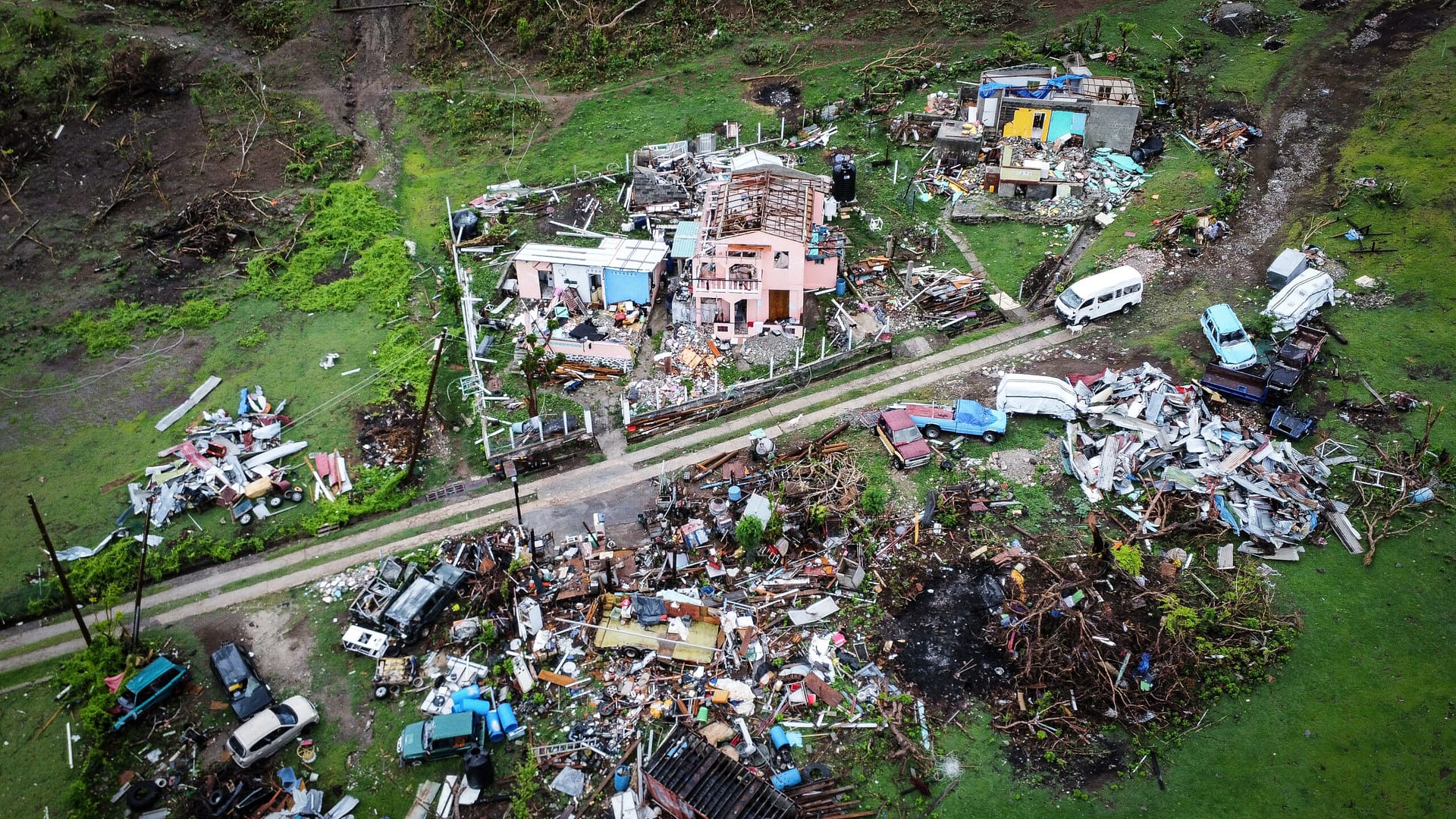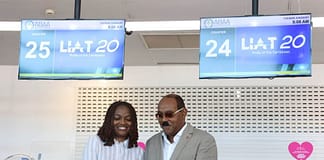
CLICK HERE TO JOIN OUR WHAT’S APP GROUP
Hurricane Beryl devastated Union Island in Saint Vincent and the Grenadines, showing why resilience is vital. Photo: IOM 2024/Gema Cortés
The International Organization for Migration (IOM) is urging greater investment in disaster risk reduction and resilience-building efforts, warning that intensifying disasters and climate impacts are driving record levels of displacement and demand a decisive shift in global financing priorities.
This year’s International Day for Disaster Risk Reduction (IDDRR) takes place under the theme Fund Resilience, Not Disasters, a call to redirect resources from costly response to proactive prevention and preparedness.
“We must reaffirm a simple but urgent message: fund resilience,” said IOM Director General Amy Pope.
“Every dollar invested in resilience saves many more in avoided losses and protects the dignity of those most at risk.
The choice is ours. We can continue to fund disaster response or we can invest in resilience.
This is the message IOM will take forward as we work with partners to ensure climate and disaster financing reflects the needs of people on the move.”

In 2024 alone, nearly 46 million people were displaced by disasters, the highest number ever recorded. Despite this, disaster risk reduction efforts remain severely underfunded.
Most governments allocate less than 1 per cent of their budgets to prevention, while international assistance continues to decline.
IOM is urging governments, donors, and the private sector to scale up investments that reduce the risk and impact of disaster on displacement and strengthen resilience for vulnerable communities.
This means integrating human mobility into risk-informed development and climate finance, ensuring that communities can adapt, relocate safely, or rebuild with dignity after disaster strikes.
Looking ahead to the 30th UN Climate Change Conference (COP30), IOM will advocate for disaster and climate risk reduction to be at the heart of climate finance negotiations, in line with the G20 Disaster Risk Reduction Working Group and the outcomes of the Financing for Development Conference.
Through innovative tools such as the Risk Index for Climate Displacement and the Climate Catalytic Fund, IOM aims to demonstrate how predictive analytics and community-driven finance can target hotspots, prevent displacement, and protect development gains.
For more information, please visit IOM’s Media Centre.
CLICK HERE TO JOIN OUR WHAT’S APP GROUP
CLICK HERE TO JOIN OUR WHAT’S APP GROUP
CLICK HERE TO JOIN OUR WHAT’S APP GROUP
CLICK HERE TO JOIN OUR WHAT’S APP GROUP
CLICK HERE TO JOIN OUR WHAT’S APP GROUP
CLICK HERE TO JOIN OUR WHAT’S APP GROUP
CLICK HERE TO JOIN OUR WHAT’S APP GROUP
CLICK HERE TO JOIN OUR WHAT’S APP GROUP
CLICK HERE TO JOIN OUR WHAT’S APP GROUP
CLICK HERE TO JOIN OUR WHAT’S APP GROUP
CLICK HERE TO JOIN OUR WHAT’S APP GROUP
CLICK HERE TO JOIN OUR WHAT’S APP GROUP
CLICK HERE TO JOIN OUR WHAT’S APP GROUP
Advertise with the mоѕt vіѕіtеd nеwѕ ѕіtе іn Antigua!
We offer fully customizable and flexible digital marketing packages.
Contact us at [email protected]















